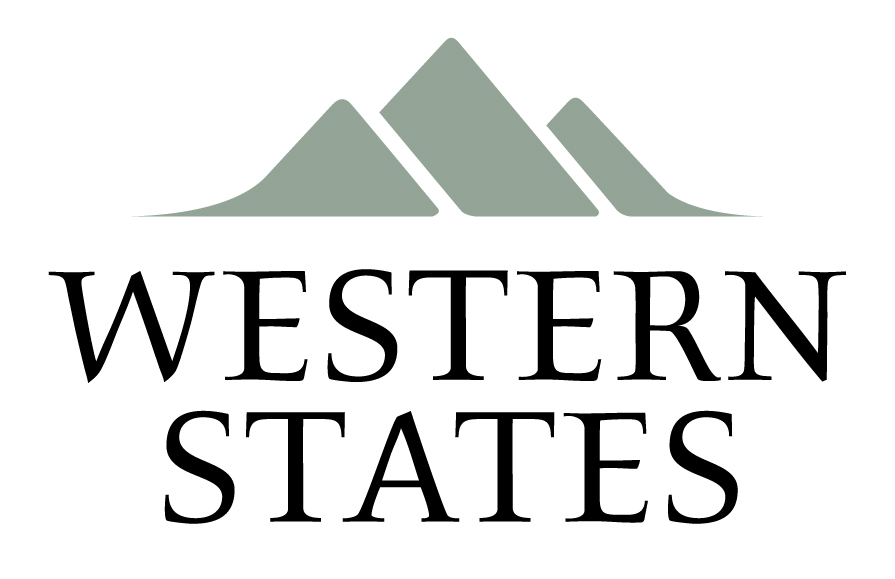As we get older, it’s important to prioritize saving for retirement and explore your retirement options. When you can no longer work or are just ready to finish your time in the workforce, you have to have a way to financially support yourself. While Medicare and Social Security benefits are available to seniors, these are unlikely to cover all of your living expenses.
There are several retirement options to choose from, and each one can provide different benefits. Below we will discuss the basic tenets of a few different savings options to help you decide which one(s) could be the best fit for you*:
- Individual retirement accounts (IRAs)
IRAs come with tax benefits and allow you to invest your earnings. When you put money into an IRA, you might be able to deduct that amount from your income when you file your taxes, which can lower your tax bill for the year. Plus, any investment earnings within the IRA grow tax-deferred, meaning you won’t pay taxes on them until you withdraw the money during retirement.
Unlike a regular savings account, an IRA allows you to invest your money in various ways, including stocks, bonds, mutual funds, and other investments. This can potentially help your money grow faster over time. There are limits to how much money you can contribute to an IRA each year. These limits can change, so it’s essential to stay updated on the current rules.
There are different types of IRAs, such as a Traditional IRA and a Roth IRA. They have slightly different rules and tax treatments, so you’ll need to choose the one that suits your financial situation and retirement goals best.
- 401(k) plans
A 401(k) is provided by many employers and allows you to easily save through automatic deductions from your paycheck before taxes are calculated. Since this money is “pre-tax,” you don’t pay taxes on it right away and can reduce the amount of taxes you owe for the year. However, you do have to pay taxes when you withdraw the money during retirement.
Some employers offer matching programs for 401(k) plans so if you contribute a certain amount, they will also contribute. You can usually choose from a range of investment options for your plan, including stocks, bonds, and mutual funds, which can help your money grow over time.
One perk of a 401(k) is that you can move your savings into a new account – such as an IRA or your new employer’s 401(k) plan – if you change jobs.
- Pension plans
If your employer offers a pension plan, they agree to pay you a certain amount of money after you retire. This amount is typically based on your salary and the number of years you work for the company. Unlike a 401(k) or an IRA, you usually don’t have to put money from your paycheck into a pension plan because your employer funds it on your behalf.
To be eligible for full pension benefits, you may need to work for the company for a certain number of years, which is called the “vesting period.” Once you meet this milestone and retire, the payout may come in monthly installments for the rest of your life, or you may be able to take a lump sum if the plan allows for that.
Pension plans are generally well-regulated and managed to protect your retirement funds. They offer a sense of security, knowing you have a guaranteed source of income for life after you retire.
There are many retirement investment strategies for seniors to follow, and each person should do what is best for them in their retirement years. It’s important to make informed decisions and always speak with your employer and/or a financial advisor before deciding which plan(s) to pursue.
Saving for retirement is essential for ensuring a comfortable standard of living in your older years. While we can’t predict the future, we can do our best to save for it.
*This post should not be considered infallible retirement or financial advice. Before investing or making any significant decisions, always consult a financial advisor and/or tax expert.
